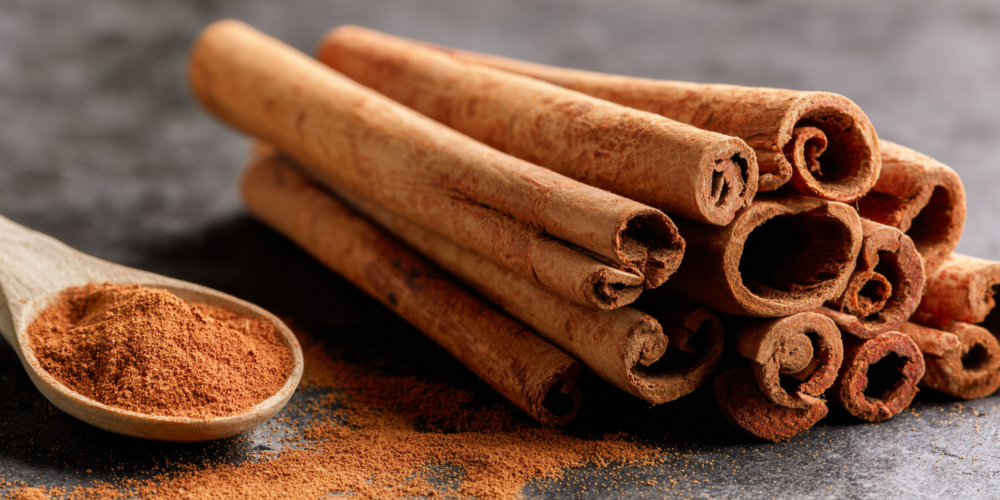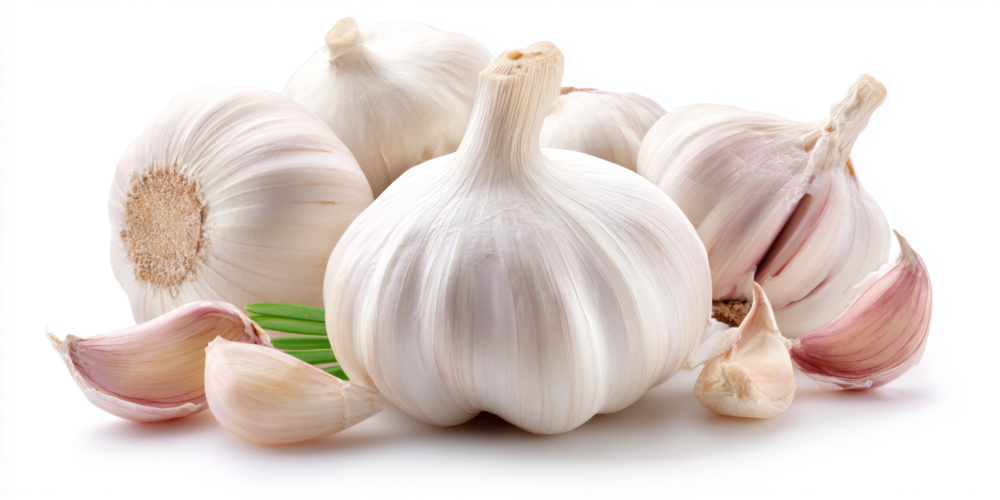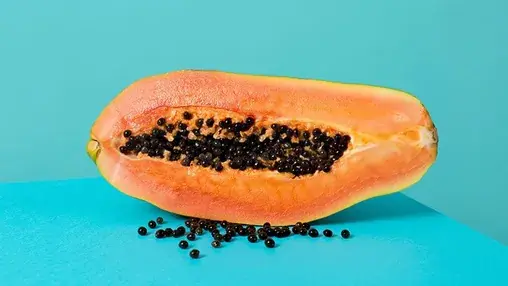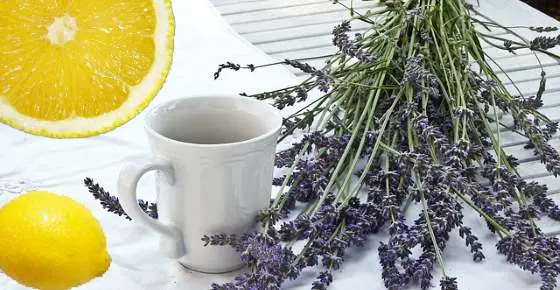
10 powerful plants to eliminate excess mucus and phlegm naturally

Are you constantly dealing with that annoying feeling of mucus or phlegm stuck in your throat? That uncomfortable sensation that makes you want to cough, clear your voice, or constantly swallow? This is usually caused by an accumulation of thick secretions in your pharynx and larynx, and it can be incredibly frustrating.
Now, we all know that water is the best mucolytic agent out there. If you’re going through this, staying hydrated is absolutely essential. But most of the time, that advice falls a little short, and you need something more. Fortunately, a number of plants have been shown in numerous studies to be capable of helping you dissolve and expel excess mucus. In this article, I’m going to explain which plants these are, how they help your respiratory tract, and most importantly, how to use them and in what doses to safely take advantage of their benefits. But before we dive in, it’s crucial to remember that if you’re suffering from these symptoms, you should consult your doctor to find out the underlying cause and rule out any condition that requires specific medical treatment.
Key Takeaways
- Persistent phlegm is often more than just a cold. It can be caused by various factors, and understanding them is the first step to relief.
- Hydration is fundamental. Water is your first line of defense for thinning mucus, but it’s often not enough on its own.
- Nature offers powerful remedies. Certain plants contain compounds that act as natural expectorants, anti-inflammatories, and antimicrobials to help clear your airways.
- Proper usage is key. This guide will provide specific, safe dosages and preparation methods for each plant.
- Always consult a professional. Natural remedies can be powerful, but they are not a substitute for a medical diagnosis and treatment plan from your doctor.
Here are the 10 best plants for eliminating excess mucus and phlegm, according to scientific evidence.
1. Laurel (Bay Leaf)

First up is the bay leaf, a plant native to the Mediterranean whose use dates back to ancient Greece and Rome. In those times, it wasn’t just used for the medicinal purposes we’ll discuss; the devotion to laurel was so great that crowns of this plant were used to honor poets, philosophers, and Olympic athletes. Today, we know that the unique medicinal properties of these leaves are thanks to eucalyptol and eugenol, its active ingredients. These compounds stimulate your production of defensive cells and, more interestingly for us, have expectorant properties capable of helping you clear excess mucus from your respiratory tract. But that’s not all. The antibiotic effect of eugenol adds to its power, making this plant particularly effective at helping to fight any infection that might be causing that annoying phlegm.
2. Guava and its Leaves

This tropical fruit and the infusion of its leaves are well-known for helping to strengthen your immune system, which is especially important in today’s world. This will be useful not only for preventing the appearance of phlegm in the throat but also for clearing excess mucus caused by pathogens in your nose and sinuses. This is primarily because the vitamin C in guava strengthens your defenses by stimulating the production of leukocytes, or white blood cells. Its content of folic acid and zinc further enhances this immune-boosting effect. Guava is also rich in quercetin, a flavonoid that is currently trending in the scientific community thanks to its potent antiviral effect and, most importantly, its expectorant capacity.
3. Ginger

If there’s one plant famous for thinning and breaking up thick excess mucus in our airways and facilitating its expulsion, it’s this powerful root. For a long time, we’ve known that the bioactive compounds in ginger have antibiotic and antiviral capabilities. Ginger has been shown to stop the growth of and eliminate bacteria and some viruses, like the flu and the respiratory syncytial virus (RSV), which cause many common colds. We also knew that this root is a potent anti-inflammatory. But now, thanks to new evidence, we’ve confirmed that ginger extract can inhibit mucus synthesis at its source while relaxing the smooth muscles of your respiratory tract. This helps you move air and any impurities with greater ease. And not only that, but ginger also reinforces your defenses by stimulating the production of neutrophils, which helps to further strengthen your body’s barrier against infectious diseases that can cause that pesky phlegm.
4. Clove

Clove is a spice native to Indonesia, obtained from the unopened flower buds of the Syzygium aromaticum tree. In traditional medicine, clove has been used as a natural anti-inflammatory and antibiotic. These properties are due to its star compound, eugenol. On one hand, its antimicrobial and antiviral effects offer help in treating diseases that are often accompanied by excess mucus in the throat. On the other hand, the anti-inflammatory properties of clove have been shown to have a preference for the respiratory tract. We know that inflammation is a key component in the production of excess mucus, so this spice can help us eliminate any mucus buildup through this pathway.
5. Cinnamon

This beloved spice is rich in a compound called cinnamaldehyde, which has been shown in laboratory studies to be capable of stopping and even eradicating various types of microorganisms. Thanks to this property, cinnamon has also been used for sanitizing purposes in the mouth and pharynx, reducing bad breath. Furthermore, cinnamon has also been shown to be effective in combating the influenza virus. Although these trials are generally small, and we need more studies to confirm these antiviral properties, the anti-inflammatory and expectorant effects of cinnamon will undoubtedly help you eliminate any excess mucus.
6. Garlic

The great power of this plant for disinfecting your throat comes from its star component, allicin. Interestingly, allicin is not found in garlic in its natural form; we create it ourselves when we cut or crush it. It’s important to let the garlic rest for a minimum of 10 minutes after cutting it to give it time to form more allicin. This compound behaves like a natural antibiotic due to its antibacterial and antiviral properties, and it also improves your body’s function in combating diseases and infections—in short, it strengthens your immune system. Something that has always surprised me is that we’ve seen in several studies that people who consume garlic daily recover from colds faster. In some studies, they managed to do so in just a day and a half, compared to five days in the group that did not consume garlic.
News in the same category


Scientists Say This New Stem Cell Treatment Could End Type 1 Diabetes for Good

Everyday Habits That Can Cause a This Issue To Your Hands

My Nana’s Homemade Cure for Stubborn Throat Mucus That Works Every Time

Doctors Are Shocked by What Happens When You Eat Chia Seeds First Thing in the Morning

Warning Signs of Poor Blood Circulation That Are Easy to Ignore

Notice Incredible Results For Your Digestive Problems

Medical Myths Debunked: Chocolate Isn’t Heart-Healthy

Raising the Bar on Breast Cancer Screening and Management

Top 5 vitamins to supercharge circulation in your legs & feet

Popular blood pressure drug may raise risk of bowel problems, study finds

Fatty Liver Warning Signs and Treatments: Key Facts Doctors Want You to Know
Fatty liver disease is one of the fastest-growing health concerns worldwide, often developing silently until it becomes serious. By understanding the causes, symptoms, and the most effective lifestyle changes, you can take control and protect your liver b

Foot Massage: Proven Health Benefits and How to Give It

8 Unusual Signs That May Indicate Cervical Can.cer

Why You Should Wash Your Face With Apple Cider Vinegar

How to Get Rid of Worms and Intestinal Parasites in Humans

The Top Foods High in Vitamin C — and Why the Nutrient Is So Critical

Fro-Yo Is Making a Comeback — But Is It Healthier Than Ice Cream?

How to Make Lavender Lemonade to Help Get Rid of Headaches and Anxiety (Evidence Based)

Proven Foods to Beat Gas and Bloating and Flatten Your Stomach
News Post

Scientists Invent Smart Tooth That Grows Into Your Gums And Connects To Nerves Like the Real Thing

Scientists Say This New Stem Cell Treatment Could End Type 1 Diabetes for Good

Woman issues warning to MacBook users after simple mistake leaves her screen destroyed

Man trained like a professional athlete for 30 days and saw crazy changes to his body take place

NASA issues major update on 'not natural' space object aiming at Earth that could be 'dire for humanity'

ChatGPT CEO Warns: What You Tell AI Could Be Used as Evidence in Court

Everyday Habits That Can Cause a This Issue To Your Hands

What’s the Purpose of That Tiny Hole in a Safety Pin

My Nana’s Homemade Cure for Stubborn Throat Mucus That Works Every Time

Doctors Are Shocked by What Happens When You Eat Chia Seeds First Thing in the Morning

Warning Signs of Poor Blood Circulation That Are Easy to Ignore

Dogs Start Howling In The Middle of the Night

Notice Incredible Results For Your Digestive Problems

82-Year-Old Woman Reverses Dementia Symptoms with Mediterranean Diet

UK Mom’s Faceplant at Sports Day Goes Viral Online

Medical Myths Debunked: Chocolate Isn’t Heart-Healthy

Raising the Bar on Breast Cancer Screening and Management

Top 5 vitamins to supercharge circulation in your legs & feet

Popular blood pressure drug may raise risk of bowel problems, study finds

Fatty Liver Warning Signs and Treatments: Key Facts Doctors Want You to Know
Fatty liver disease is one of the fastest-growing health concerns worldwide, often developing silently until it becomes serious. By understanding the causes, symptoms, and the most effective lifestyle changes, you can take control and protect your liver b